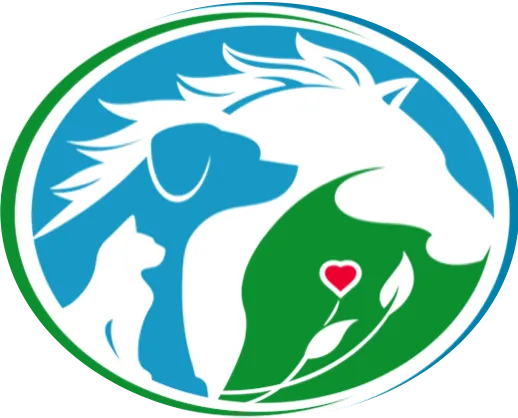Cats, Dogs, Horses, Small Pets, Birds, Poultry & Reptile
(How to Use with Fish is below)
read our testimonials & articles about
Avian Harmony and Well-being
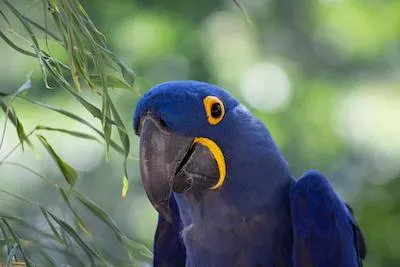
How to Calm Bird Anxiety-A Basic Guide
How to Calm Bird Anxiety
Birds, renowned for their sensitivity and complex social behaviors, are susceptible to experiencing anxiety and stress in various situations. Recognizing and addressing avian anxiety is essential for promoting the well-being of our feathered companions. In this comprehensive guide, we'll explore effective strategies for calming bird anxiety, offering insights into creating a nurturing environment and fostering a sense of security for our avian friends.
Understanding Avian Anxiety
Bird anxiety can manifest in a variety of ways, from behavioral changes to physical symptoms. Birds may exhibit signs of distress such as increased vocalization, aggression, feather plucking, or changes in appetite. It's crucial for bird owners to recognize these symptoms and take proactive steps to address the underlying causes of anxiety.
Socialization and Bonding
Socialization and bonding are essential for reducing bird anxiety and promoting overall well-being. Spend quality time interacting with your bird through gentle handling, talking, and positive reinforcement training. Building a trusting relationship with your bird can help alleviate anxiety and strengthen your bond over time. Be patient and consistent in your interactions, and respect your bird's individual preferences and boundaries.
Environmental Enrichment
Enriching your bird's environment with toys, perches, and other stimuli can help alleviate boredom and reduce anxiety. Provide a variety of toys and activities that encourage natural behaviors, such as chewing, climbing, and foraging. Rotate toys regularly to keep your bird engaged and stimulated, and create opportunities for exploration and exercise both inside and outside the cage.
Covering the cage is a commonly used technique to help calm anxious birds and provide them with a sense of security and privacy. By partially or fully covering the cage with a cloth or a specially designed cage cover, you can create a dark, cozy environment that simulates the feeling of being in a nest or roosting spot. This can be particularly beneficial for birds who are easily startled by external stimuli, such as loud noises or sudden movements. Covering the cage can also help regulate light exposure and encourage restful sleep patterns, especially for birds who may be disturbed by artificial lighting or changes in daylight hours. However, it's essential to strike a balance and provide adequate ventilation to prevent overheating and ensure your bird's comfort. Additionally, some birds may prefer a partially covered cage that allows them to observe their surroundings while still providing a sense of security. As with any management technique, it's essential to monitor your bird's response and adjust accordingly to meet their individual needs.
Nutrition and Diet
A balanced diet is essential for supporting your bird's physical and emotional health. Offer a varied diet that includes high-quality pellets, fresh fruits and vegetables, seeds, and occasional treats. Ensure that your bird has access to clean, fresh water at all times, and avoid feeding foods that are high in sugar, salt, or fat, as these can contribute to health issues and anxiety.
Veterinary Care
Regular veterinary check-ups are essential for monitoring your bird's health and detecting any underlying medical issues that may contribute to anxiety. Find a qualified avian veterinarian who can provide routine care, vaccinations, and medical treatment as needed. Be proactive about preventive care, such as wing clipping, beak and nail trims, and parasite control, to ensure your bird remains healthy and stress-free.
Positive Reinforcement Training
Training your bird using positive reinforcement techniques can help build confidence and reduce anxiety. Use treats, praise, and rewards to encourage desired behaviors, such as stepping up onto your hand or returning to the cage on command. Keep training sessions short and enjoyable, and be patient and consistent in your approach.
Natural Therapies
Natural therapies for calming bird anxiety can be beneficial in promoting relaxation and reducing stress levels in avian companions. These therapies often involve the use of herbal remedies, aromatherapy, and flower essences, which are believed to have calming properties. Herbal remedies such as chamomile, valerian, and passionflower may be administered in small doses to help soothe nervous birds. Aromatherapy involves diffusing essential oils known for their calming effects, such as lavender or bergamot, in the bird's environment. Additionally, flower essences, such as Bach flower remedies, are believed to work on an energetic level to address emotional imbalances and promote feelings of calmness and well-being in birds. When using natural therapies, it's essential to consult with a veterinarian or avian expert to ensure the safety and appropriateness of the treatment for your bird's specific needs. Integrating natural therapies into your bird's care regimen can complement other management strategies and contribute to a holistic approach to promoting their emotional and physical health.
Conclusion
Calming bird anxiety requires a holistic approach that addresses the underlying causes and symptoms of stress. By creating a calm environment, socializing and bonding with your bird, providing environmental enrichment, ensuring a balanced diet, and seeking regular veterinary care, you can help alleviate anxiety and promote your bird's overall well-being.
With patience, compassion, and a commitment to understanding your bird's needs, you can create a nurturing environment where your feathered companion can thrive emotionally and physically.
A Trained Animal Communicator Connects with Your Pet
With every order, a trained animal communicator connects with your pet to choose the right blend of flower essences
(e.g. Bach Flower Essences) for calming their anxiety. Custom blended flower essences are natural pet calming products.



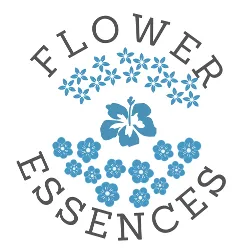
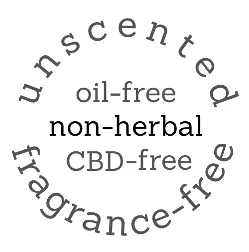
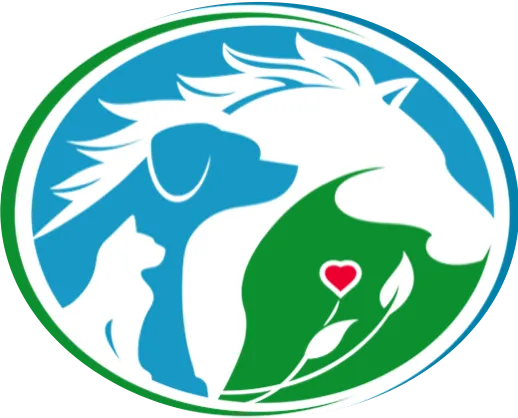
Calm Animal Solutions
Calm Animal Solutions offers customized, natural remedies for dog anxiety, and are calming for cats. Plus, we create blends for horses, small animal pets, birds, poultry, reptiles, and fish.
#CalmAnimalSolutions
on Instagram.
©2024, Catherine Winfree. All rights reserved.
Mandatory FDA Notice: The statements made regarding Calm Animal Solutions have not been evaluated by the Food and Drug Administration. These products are not intended to diagnose, treat, cure, or prevent any animal disease. Although the ingredients in Calm Animal Solutions are generally regarded as safe, you are encouraged to consult your veterinary before using any essence product (such as Bach Flower Essences, for example).
A Trained Animal Communicator Connects with Your Pet
With every order, a trained animal communicator connects with your pet to choose the right blend of flower essences (e.g. Bach Flower Essences) for calming their anxiety. Custom blended flower essences are natural pet calming products.





Mandatory FDA Notice: The statements made regarding Calm Animal Solutions have not been evaluated by the Food and Drug Administration. These products are not intended to diagnose, treat, cure, or prevent any animal disease. Although the ingredients in Calm Animal Solutions are generally regarded as safe, you are encouraged to consult your veterinary before using any essence product.

Home | Contact | Terms | Privacy Policy | About Catherine
©2024, Catherine Winfree. All rights reserved.
